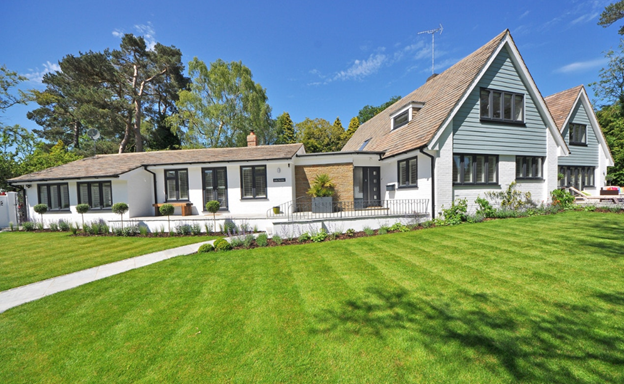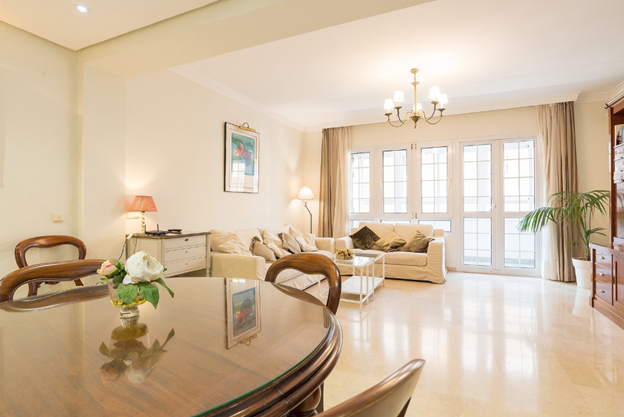Renting out a property in Spain can be a great source of income, especially with the rising interest in vacation rentals and long-term lets. Whether you own a cozy villa in the countryside or a modern apartment in the city, registering your property properly is a crucial first step. If you’re someone looking to rent home near me in Spain or a landlord planning to enter the rental market, understanding the registration process ensures legal compliance and peace of mind.
1. Understand the Type of Rental
Before starting the registration process, determine the type of rental you’re offering:
- Short-Term (Tourist) Rental: For stays shorter than 31 days, often aimed at holidaymakers.
- Long-Term Rental: Typically for contracts longer than 3 months, suitable for residents or expats.
Each type has its own legal and tax implications, and the process of registering them may vary depending on the region.
2. Check Regional Regulations
Spain is divided into 17 autonomous communities, and each has its own set of rules for registering rental properties. For instance:
- In Andalusia, you must register with the Registro de Turismo de Andalucía.
- In Catalonia, you’ll need a Habitatge d’Ús Turístic (HUT) license.
- In Madrid, properties are subject to the Viviendas de Uso Turístico (VUT) regulation.
Make sure to consult your local authority’s website or seek legal guidance to know the exact requirements for your area.
3. Meet Basic Property Standards

To register your property, it must meet certain minimum standards:
- Valid Certificate of Occupancy (Cédula de Habitabilidad)
- Adequate ventilation, lighting, and safety measures
- Emergency contact information clearly posted
Fire extinguishers and smoke detectors installed (for short-term rentals)
Failure to meet these standards may lead to fines or a rejected application.
4. Apply for a Rental License
The rental license is mandatory for short-term or tourist rentals. The process generally involves:
- Submitting an application form to the relevant tourism board
- Providing proof of ownership and property details
- Supplying the Certificate of Occupancy
- Paying a registration fee (varies by region)
Once your property is registered, you’ll receive a registration number, which must be included in all rental advertisements.
5. Register for Taxes
Registering for taxation is crucial when renting your property:
- Non-resident owners must declare income earned in Spain and may be taxed up to 24%.
- Resident owners must include rental income in their annual income tax return.
To remain compliant, consider hiring a tax advisor familiar with home rental in Spain laws. Tax obligations can differ depending on residency status and rental duration.
6. Comply with Local Council Requirements
Some municipalities require additional registrations such as:
- Local council notification
- Health and safety inspections
- Noise and nuisance controls
This ensures your rental doesn’t disrupt community living or violate urban regulations.
7. Use the Property Legally
Make sure your property’s title deed and building classification allow rental activity. You cannot rent out:
- Properties in buildings classified as social housing
- Units without clear access or that violate community bylaws
- Illegal constructions or unregistered developments
Confirm with the local land registry that your property is eligible for rental use.
8. Keep a Guest Registry (For Tourist Rentals)
If you’re offering short-term stays, you’re legally required to:
- Register guests with the Guardia Civil or local police within 24 hours of check-in
- Maintain a guest registry book (Libro-registro de viajeros)
This is especially important for security purposes and to avoid legal issues.
9. List Your Property Online (With Compliance)

Once your property is registered, you can advertise it on platforms like Airbnb, Booking.com, or your own website. Make sure to:
- Include your rental license number in every listing
- Clearly display rental terms and prices
- Set cancellation and damage policies
This not only attracts responsible guests but also keeps you compliant with advertising laws related to home rental in Spain.
10. Manage Tenants Responsibly
Whether renting short-term or long-term, responsible tenant management is key:
- Create written contracts for longer rentals
- Include inventory lists and damage deposits
- Set expectations around utilities, maintenance, and noise
Many landlords owning apartment properties in Spain prefer hiring property managers or legal representatives to handle communication and maintain professional relationships with tenants.
11. Keep Documentation Up to Date
Regularly update your property documents:
- Renew your Certificate of Occupancy if required
- Keep tax documents and receipts
- Maintain property insurance with rental coverage
This ensures your rental remains legal and protects you from unexpected liabilities.
12. Work With Professionals
Getting help from professionals like property lawyers, rental consultants, or accountants can simplify the process. They help:
- Navigate bureaucracy and language barriers
- Ensure full legal compliance
- Maximize your rental income
Owners of apartment properties in Spain often choose to work with experienced agencies to handle all aspects of their rental business efficiently.
Conclusion: Partner with the Right Experts
Successfully registering and managing a property for rental in Spain requires attention to detail, knowledge of regional regulations, and commitment to legal compliance. From understanding local laws to managing guest experiences, the process can seem overwhelming, but it becomes easier with the right support. Whether you’re exploring opportunities to list your villa or searching for rent home near me options, working with a trusted platform simplifies the journey. Flexsirent offers end-to-end property rental services, helping homeowners prepare, register, and manage their home rental in Spain with ease and confidence.
